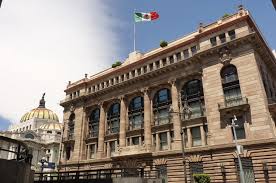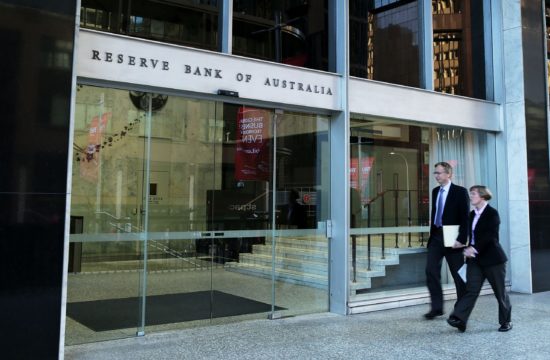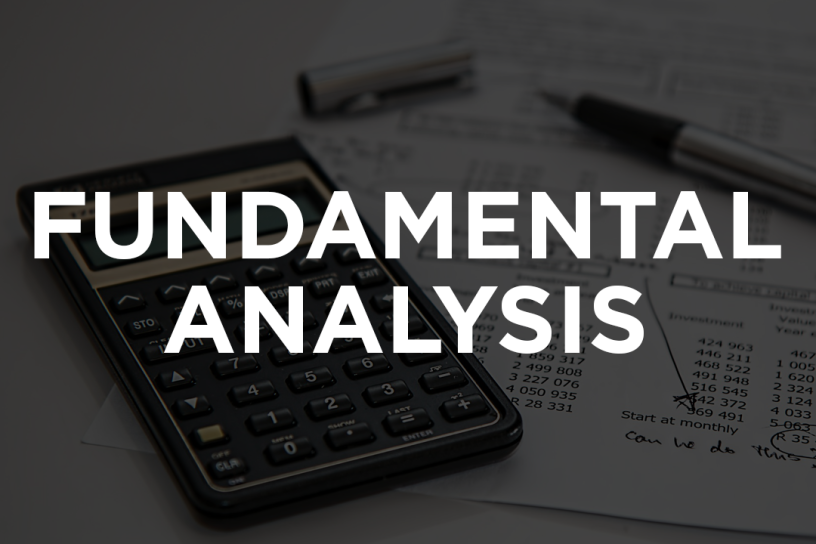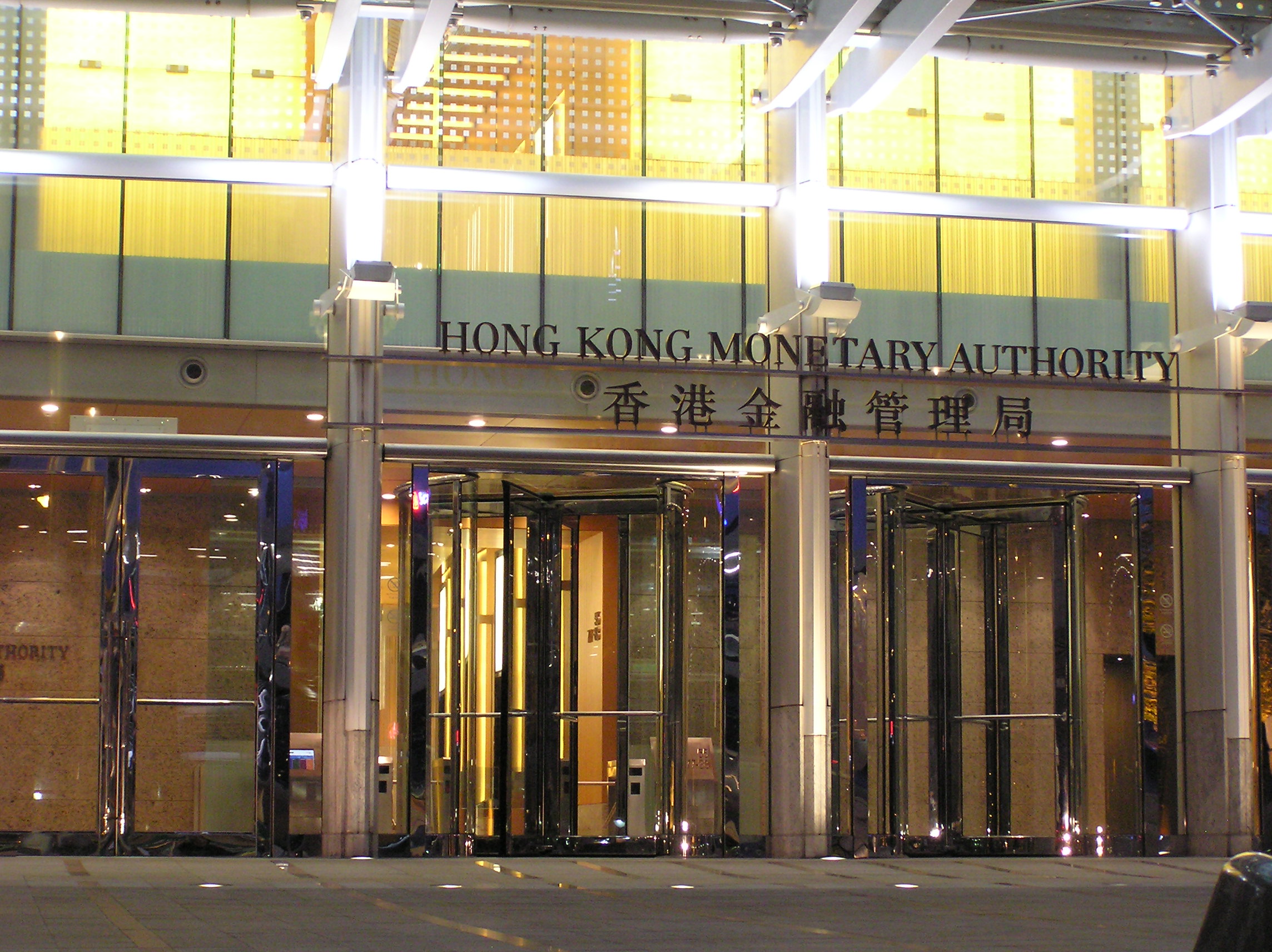Banco de México’s Governing Board decided to lower the target for the overnight interbank interest rate by 50 basis points to 6%. It also adopted additional measures to foster an orderly functioning of financial markets, strengthen the credit channels and provide liquidity for the sound development of the financial system.
In view of the complex economic and financial situation worldwide, Banco de México has been closely monitoring the behavior of domestic financial markets, economic activity and inflation, in order to take the necessary actions in a timely manner. The COVID-19 pandemic and the measures adopted to prevent its spread have affected world economic activity considerably. This has led to significant revisions of economic expectations, which incorporate a strong contraction of productive activity during the first half of 2020. In turn, this has led to a sharp fall in commodity prices, especially of crude oil. All of these factors have led several central banks of advanced and emerging economies to significantly lower their interest rates and to implement other extraordinary measures to foster the proper functioning of their financial markets. Likewise, several countries have implemented fiscal stimulus measures to mitigate the adverse effects on employment and on households and firms’ income.
In this context, global financial conditions have deteriorated significantly, which has generated a recomposition of investors’ portfolio towards lower risk assets and to a reduction in holdings of emerging economy assets. This adjustment has led to a depreciation of these economies’ currencies and to a high volatility in their foreign exchange markets, including the Mexican peso. In the local government bond market, after having increased significantly, interest rates have adjusted downwards, while remaining volatile. Although domestic financial markets have shown a slight improvement, significant risks to their performance persist. Moreover, three agencies downgraded the sovereign and Pemex’s credit ratings, and two of them ranked the latter below investment grade.
It is estimated that the negative effects on domestic economic activity resulting from the pandemic may lead to an important contraction of economic activity in Mexico during the first half of the year. Although the magnitude and duration of the effects of the pandemic are still unknown, and since available information is still limited, initial estimates suggest that during the first half of 2020 GDP could fall more than 5% as compared to the same period of the previous year. It is clear that slack conditions are widening considerably, in a context in which the balance of risks for growth is significantly biased to the downside.
Inflation would be subject to pressures: to the downside, those stemming from the widening of the negative output gap, and, in the short term, from the decline in energy prices, particularly of gasoline; to the upside, those resulting from the depreciation of the exchange rate, depending on its magnitude and persistence. Although these factors might impact headline inflation a different moments, it is expected to converge to Banco de México’s target within the time frame in which monetary policy operates. Nevertheless, uncertainty as to the balance of risks for inflation has increased significantly.
Considering the risks resulting from the COVID-19 pandemic for inflation, economic activity and financial markets, major challenges arise for monetary policy and for the economy in general. In light of the foreseen implications, and with the presence of all its members, Banco de México’s Governing Board decided unanimously to lower the target for the overnight interbank interest rate by 50 basis points to a level of 6%. The Governing Board also decided to implement additional measures to foster an orderly behavior of financial markets, strengthen the credit channels and provide liquidity for the sound development of the financial system.
The Governing Board will take the necessary actions on the basis of incoming information so that the policy rate is consistent with the orderly and sustained convergence of headline inflation to Banco de México’s target within the time frame in which monetary policy operates. Perseverance in strengthening the macroeconomic fundamentals and adopting the necessary actions, regarding both monetary and fiscal policies, will contribute to a better adjustment of domestic financial markets and of the economy as a whole.














